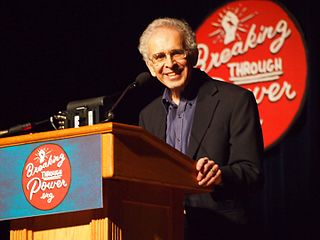A Quote by Zoe Lister-Jones
As consumers, we can buy organic and non-GMO verified products, so look out for those labels when shopping!
Related Quotes
Consumers will purchase high quality products even if they are expensive, or in other words, even if there are slightly reasonable discount offers, consumers will not purchase products unless they truly understand and are satisfied with the quality. Also, product appeal must be properly communicated to consumers, but advertisements that are pushed on consumers are gradually losing their effect, and we have to take the approach that encourages consumers to retrieve information at their own will.
There are certain products that it's worth buying organic just because the alternatives have so much pesticide. There's a list of the dirty dozen that you can get off the Web. Strawberries, potatoes. A handful of crops that have very high pesticide residues if you don't buy organic. If you eat that a lot, that's a good place to invest.




































